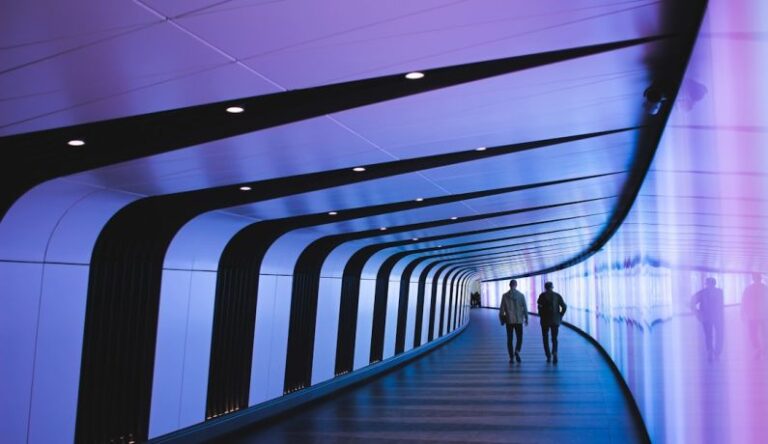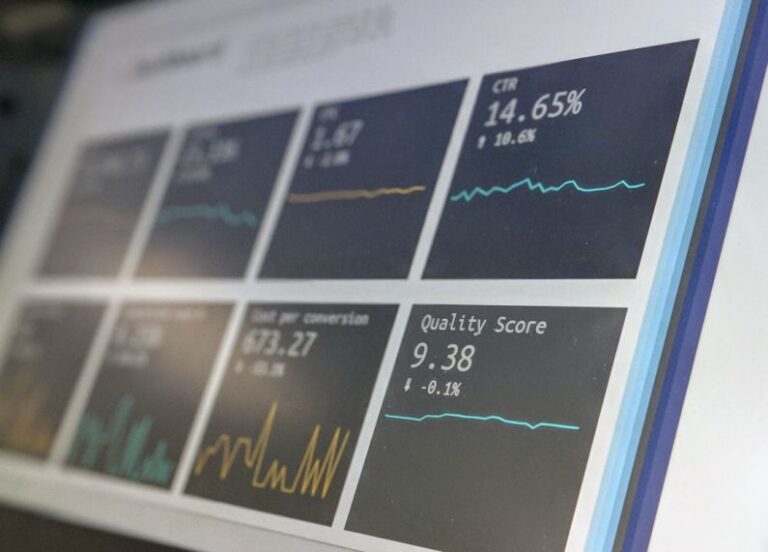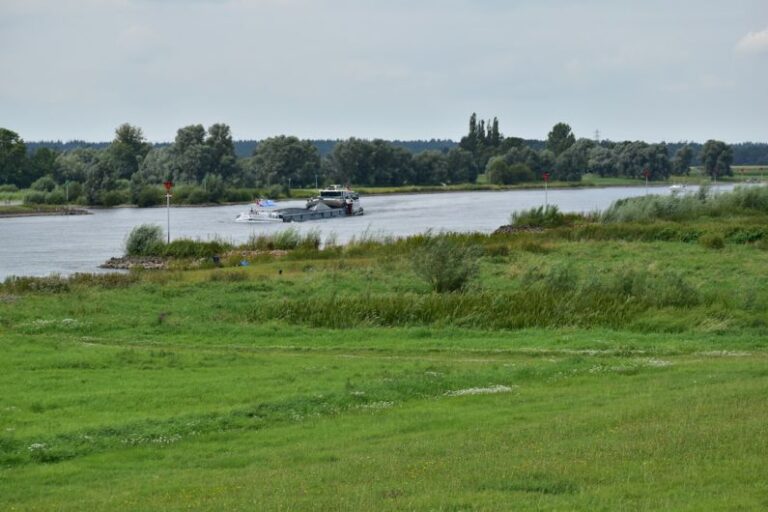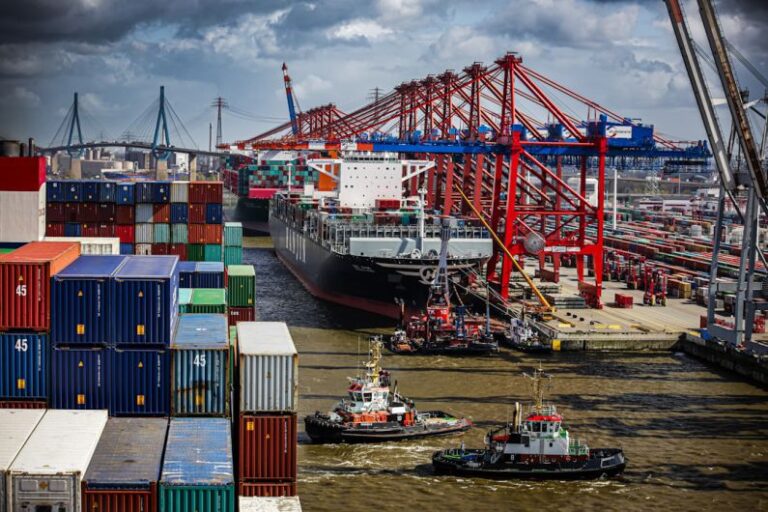Innovative Transportation Modes for the 21st Century
Transportation plays a crucial role in modern society, shaping how we move from one place to another. As technology continues to advance, new transportation modes are emerging, offering more efficient, sustainable, and convenient options for the 21st century. From hyperloop systems to flying taxis, the future of transportation looks promising as we explore innovative ways to revolutionize how we travel.
Hyperloop Systems: Revolutionizing High-Speed Travel
One of the most exciting innovations in transportation is the concept of hyperloop systems. Proposed by Elon Musk, a hyperloop is a high-speed transportation system that uses vacuum-sealed tubes to propel pods at speeds exceeding 700 mph. This revolutionary mode of transportation aims to reduce travel time significantly, making it possible to commute between cities in a matter of minutes.
The hyperloop technology is based on magnetic levitation, where pods float above the track using magnetic fields, minimizing friction and allowing for smooth and rapid travel. With the potential to revolutionize long-distance travel, hyperloop systems offer a sustainable and efficient alternative to traditional modes of transportation.
Flying Taxis: The Future of Urban Mobility
Imagine soaring above the city traffic in a flying taxi, bypassing congested streets and reaching your destination in a fraction of the time. Flying taxis represent the future of urban mobility, offering a novel way to navigate crowded cities and reduce commute times. These electric vertical takeoff and landing (eVTOL) aircraft are designed to transport passengers across urban areas quickly and efficiently.
Companies like Uber and Volocopter are already testing prototypes of flying taxis, showcasing the potential for air transportation to transform how we move within cities. With advancements in battery technology and autonomous flight systems, flying taxis are poised to become a mainstream mode of transportation in the 21st century, revolutionizing urban mobility and reducing carbon emissions.
Maglev Trains: Sustainable High-Speed Rail
Magnetic levitation (maglev) trains represent a sustainable and efficient mode of high-speed rail transportation. By using magnetic propulsion to lift and propel trains along a guideway, maglev technology eliminates the need for wheels and tracks, reducing friction and allowing for faster speeds. Maglev trains have the potential to revolutionize long-distance travel, offering a greener alternative to traditional diesel-powered trains.
Countries like Japan and China have already implemented maglev train systems, showcasing the benefits of this innovative technology in reducing travel times and increasing efficiency. With ongoing research and development, maglev trains are set to play a significant role in shaping the future of high-speed rail transportation, providing a sustainable and environmentally friendly option for commuters.
Autonomous Vehicles: Redefining Personal Transportation
The rise of autonomous vehicles is reshaping the landscape of personal transportation, offering a glimpse into a future where cars drive themselves. With advancements in artificial intelligence and sensor technology, autonomous vehicles have the potential to revolutionize how we commute, reducing accidents, improving traffic flow, and enhancing overall road safety.
Companies like Tesla, Google, and Uber are at the forefront of developing autonomous vehicle technology, with self-driving cars already being tested on public roads. As regulations catch up with technological advancements, autonomous vehicles are expected to become increasingly common, transforming the way we think about personal transportation in the 21st century.
The Future of Transportation: A New Era of Mobility
As we look towards the future, it is clear that transportation is on the brink of a revolution. From hyperloop systems to flying taxis, maglev trains, and autonomous vehicles, innovative transportation modes are set to redefine how we move from place to place in the 21st century. With a focus on sustainability, efficiency, and convenience, these new modes of transportation offer exciting possibilities for shaping the future of mobility and transforming the way we travel.






